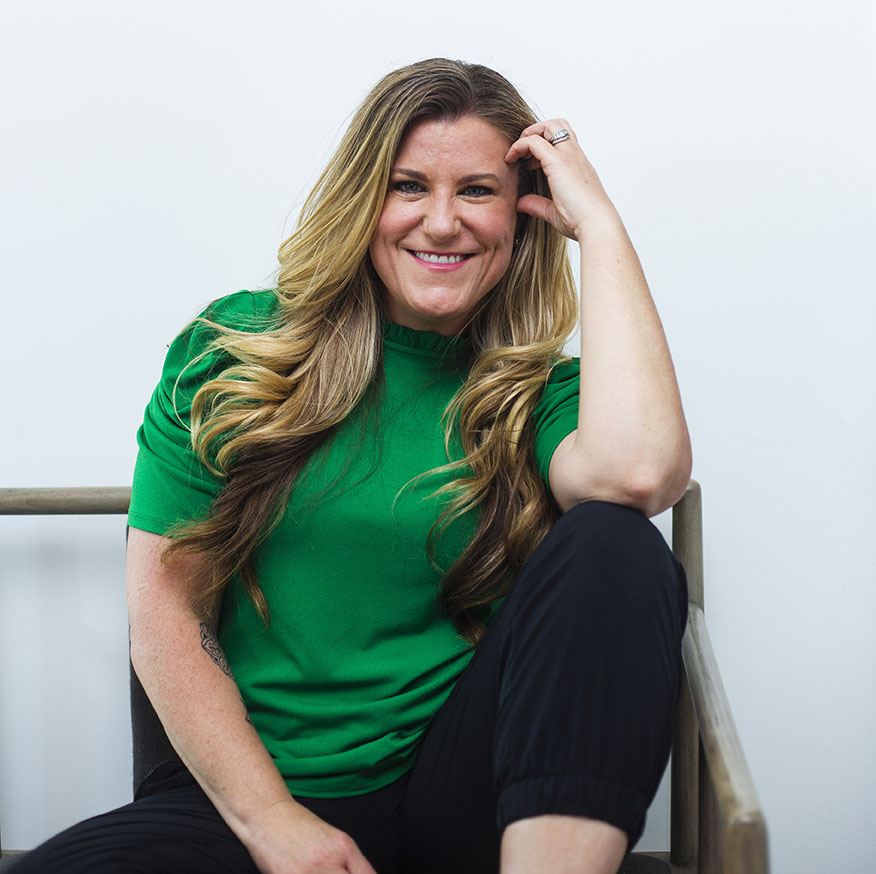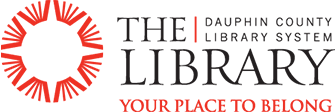
Something happens to Jennifer Storm amid stacks of library books. Even as a child, when she would “literally burn through a book a day,” she saw in libraries “aisles and aisles of opportunity and escape routes.”
“Reading was that way of getting out of my own head and diving into someone else’s world,” she says.
Today, the author of Blackout Girl and the Victim Witness Advocate for Pennsylvania is rereading the classics like Peter Pan and Alice in Wonderland with her 5-year-old son. She views access to free literature as a gift.
“I’m so grateful that libraries still exist. As a writer, every time I speak and I talk about my own writing, I always tell people, ‘If you can’t afford a book on Amazon, go to the library.’”
What have you been reading lately? I always have multiple books in various states of reading. I have four sitting here. The Vanishing Half, by Brit Bennet. I have Suzanne Collins’ newest, so I have to start that. This might be a little dark, but I have a book called Rape, about the #MeToo movement. And then The Guest List, by Lucy Foley. And I have to tell you – I just bought the full Judy Blume collection for my kid. I realize I’m a little ahead of the game, but I can’t wait. I’m stoked.
What does a diverse reading list bring to your work? It’s important that people have many options with which to understand what they’re going through. In my work with victims and survivors, I’ve always referenced books, especially books on grieving, books on trauma. Survivors need to know that they’re not alone, and the best way to know that you’re not alone is to hear someone else’s story. I published my own book because I wasn’t finding my story on the shelves. There’s a real power in connecting with another person’s story.
What can libraries offer victims and survivors? It’s free access. One of the biggest barriers for survivors to hope, healing, and services is access to understanding. Most survivors wouldn’t think, ‘I’m going to walk into my local library to help me heal from this trauma.’ But there are so many books on the shelves at every library that will do just that. And there are book groups and seminars. There’s community. There’s opportunity for belonging and connection in a library that doesn’t cost you anything or very little.
What’s your favorite thing about libraries? The books. The stacks. You walk in and you are just encompassed with stories. It comes down to the books. I have to hold the book in my hand. I have to smell the pages. I have to feel it.




